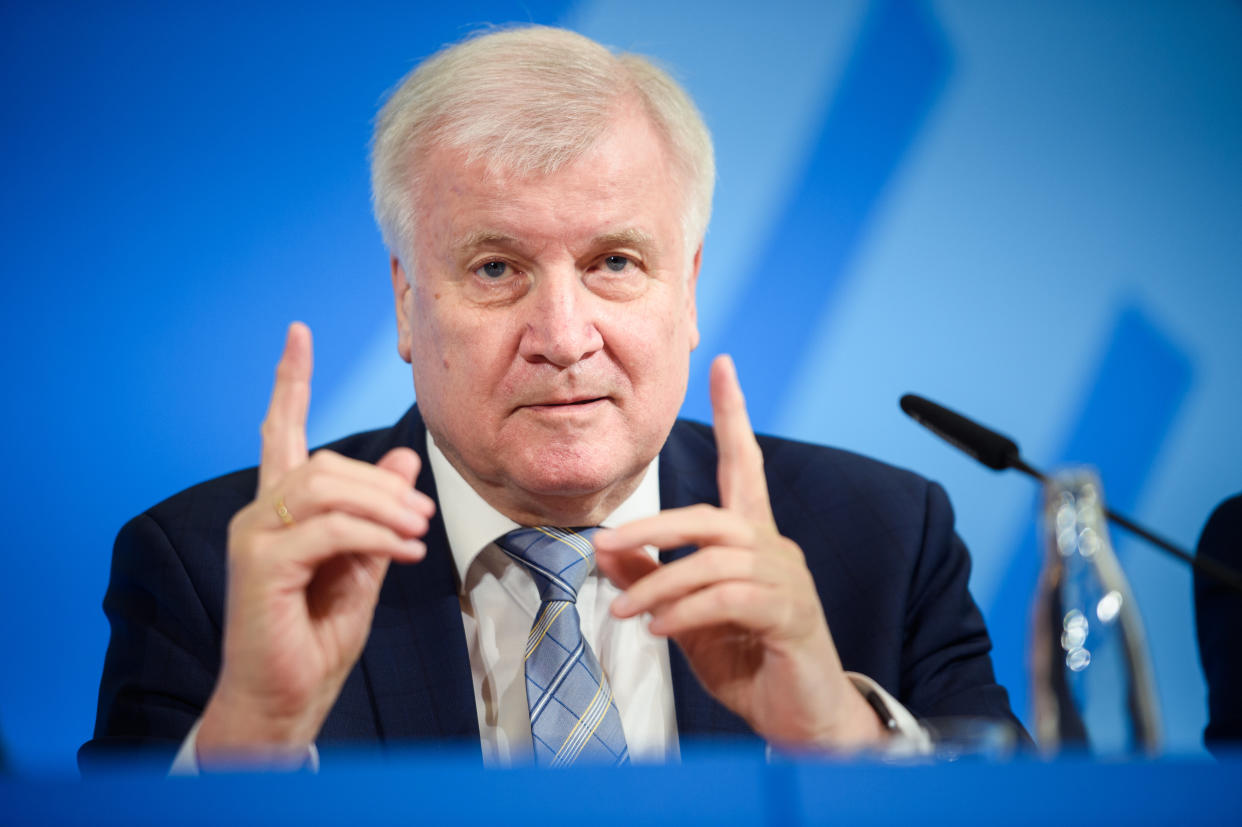Germany to create 600 jobs to tackle far-right extremism

Germany’s interior ministry is ramping up its efforts to tackle the growth of far-right extremism in the country, with the creation of 600 new jobs across the Criminal Police Office and the Office for the Protection of the Constitution.
Interior minister Horst Seehofer said on Tuesday that the Bundestag had approved the budget for the additional hires, and that the new jobs would be “very specifically targeted at combatting right-wing extremism.”
"An effective … fight against right-wing extremism can only be carried out by these authorities if we significantly increase their personnel," Seehofer said.
German authorities say there are at least 12,000 people in the country who are classed as right-wing extremists, a number of them are “potentially violent.”
Seehofer said that right-wing extremists have left an “ugly blood trail” in Germany from the time of the National Socialist Underground (a neo-Nazi group that was uncovered in 2011) up until the right-wing extremist who attacked a synagogue in Halle in October.
In July this year, politician Walter Lübke was shot dead at his home by a far-right extremist, who had a former criminal record and ties to far-right groups in Germany.
"Violence is increasing, propaganda offences are increasing," head of criminal police Holger Münch said in a press conference on Tuesday.
Münch said in October that right-wing crimes were a threat to democracy in Germany, noting that “the situation is serious.” The criminal police is also now tasked with monitoring and combatting far-right speech online, as well as potentially outlawing groups that spread hate.
Right-wing extremism has also become a problem within Germany’s security forces, with military intelligence service recently launching investigations into a number of individuals.
READ MORE: A polarised Germany marks 30 years since Berlin Wall fell
Far-right sympathies have been described as widespread in the Special Forces Command (KSK). In December, an officer in the elite KSK unit was suspended over ties to the far-right extremist scene, and two other soldiers were were accused of making a Hitler salute at a party. The Nazi salute is illegal in Germany.

